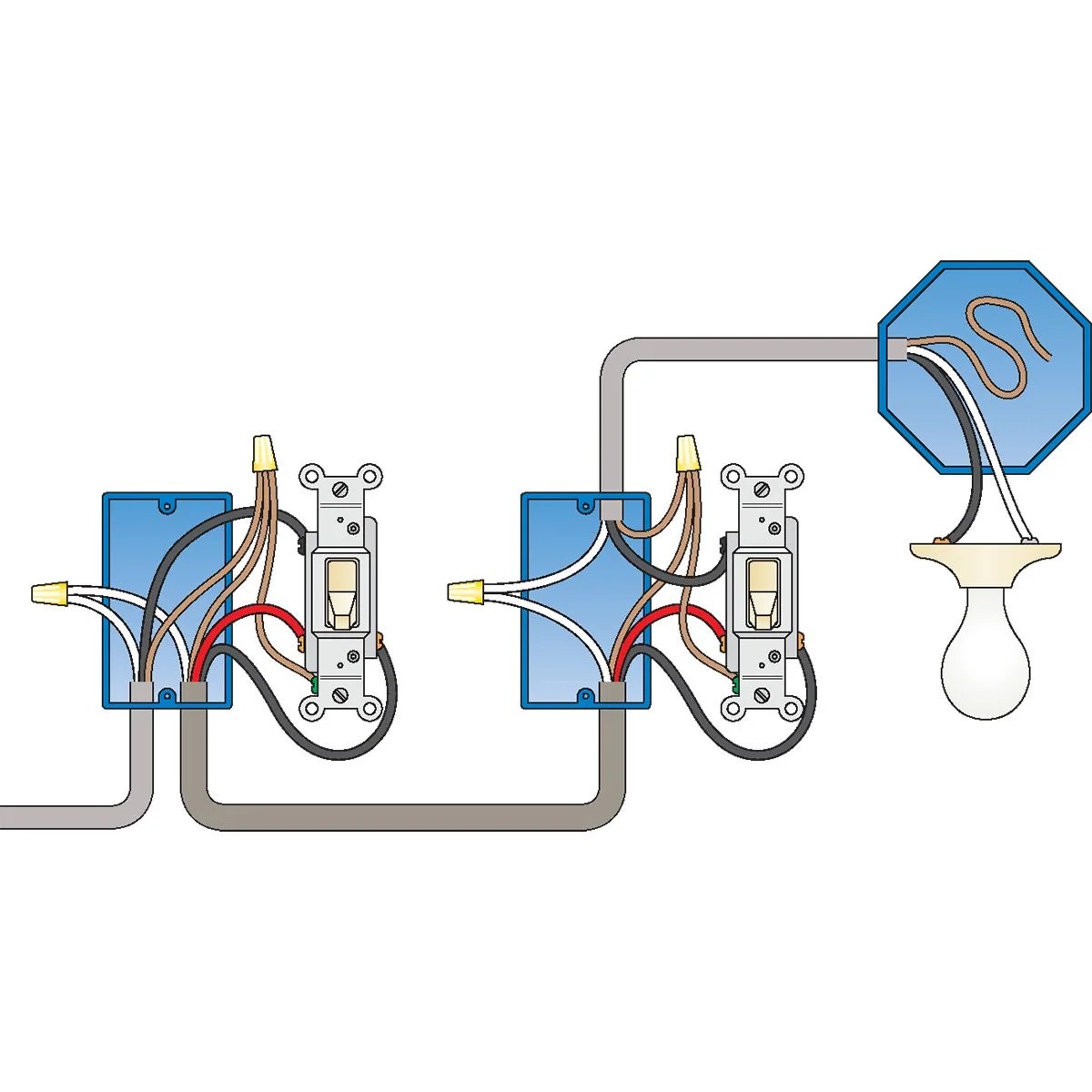Single Light Switch Wiring Diagrams are essential tools for anyone looking to install or repair a light switch in their home or office. These diagrams provide a visual representation of the electrical connections needed to properly wire a single light switch, ensuring that the switch functions correctly and safely.
Why Single Light Switch Wiring Diagrams are Essential
Single Light Switch Wiring Diagrams are essential for the following reasons:
- They help ensure that the wiring is done correctly to prevent electrical hazards.
- They provide a clear guide for beginners and experienced individuals to follow during installation or repair.
- They help troubleshoot any issues that may arise with the light switch.
How to Read and Interpret Single Light Switch Wiring Diagrams
Reading and interpreting Single Light Switch Wiring Diagrams may seem daunting at first, but with some guidance, it can be a straightforward process. Here are some tips:
- Identify the different components of the diagram, such as the switch, wires, and connections.
- Follow the lines and symbols to understand how each component is connected.
- Refer to the legend or key to understand what each symbol represents.
Using Single Light Switch Wiring Diagrams for Troubleshooting
Single Light Switch Wiring Diagrams can be incredibly useful for troubleshooting electrical problems related to light switches. By following the diagram, you can easily identify any issues with the wiring and make necessary repairs or adjustments. Some common troubleshooting steps include:
- Checking for loose connections or damaged wires.
- Testing the switch for functionality using a multimeter.
- Replacing any faulty components identified in the diagram.
Importance of Safety When Working with Single Light Switch Wiring Diagrams
When working with electrical systems and using Single Light Switch Wiring Diagrams, it is crucial to prioritize safety. Here are some safety tips and best practices to keep in mind:
- Always turn off the power at the circuit breaker before working on any electrical wiring.
- Use insulated tools to prevent electric shock.
- Double-check all connections before turning the power back on to avoid short circuits or fires.
Single Light Switch Wiring Diagram
Daisy Chain On One Switch Wiring Diagram Light

Leviton Light Switch Wiring Diagram Single Pole | Shelly Lighting

Wiring Diagram For Single Light Switch

Wiring 2 Switches For One Light Diagram – Wiring Draw
 Dimmer Switch Wiring Diagram.png?strip=all)
Wiring Diagram For Single Pole Light Switch – Wiring Work

Wiring Diagram Single Pole Light Switch
